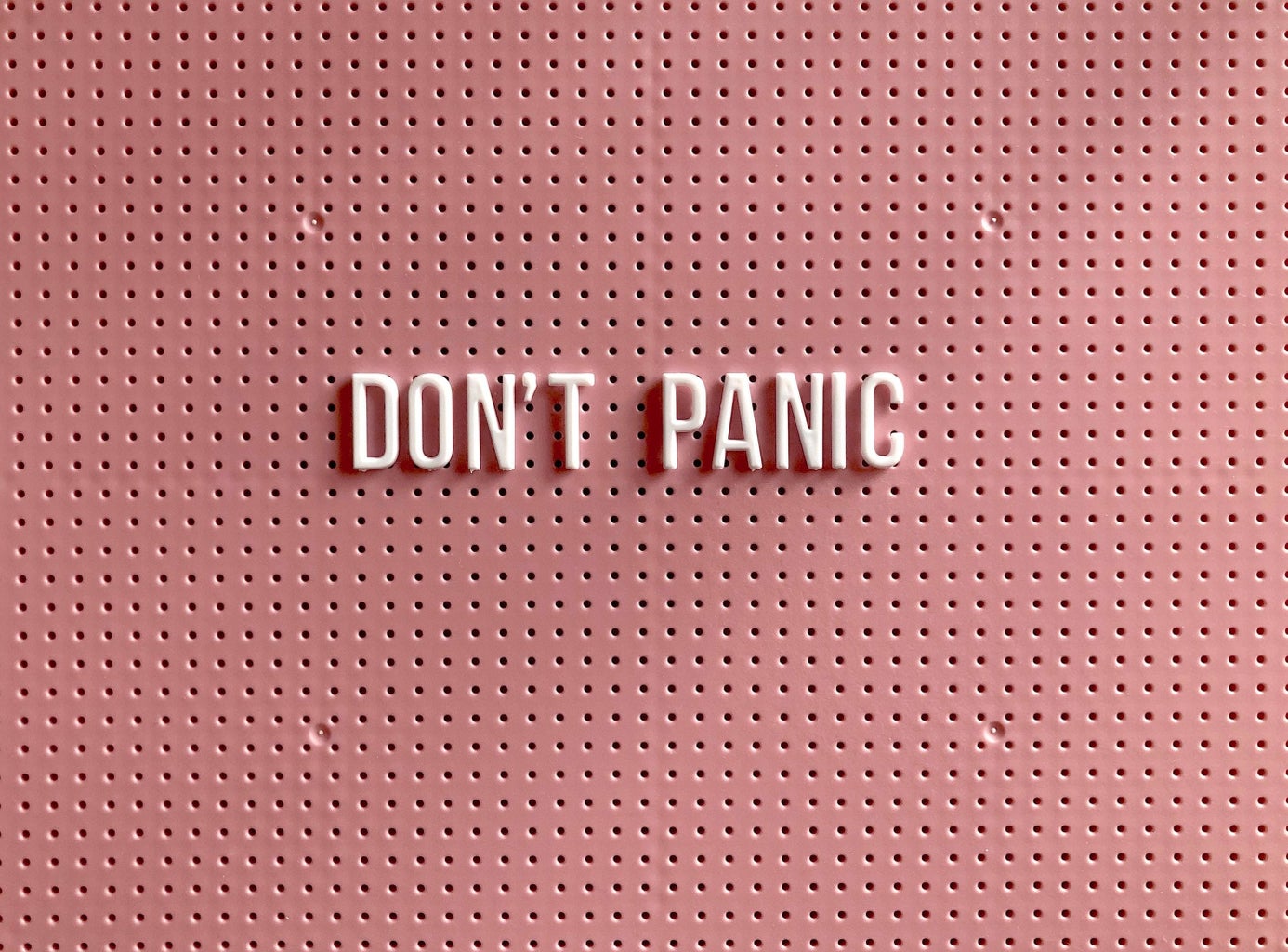For as long as I remember, I’ve been a perfectionist. I found myself overworking and challenging myself in ways that were unhealthy both in and outside of school.
Unlike that answer to “What’s your greatest weakness?” in job interviews, where you hint that your perfectionism is what makes you a more detail-oriented and efficient employee, perfectionism can be really toxic. And in today’s hustle culture, in spite of the rise of posts on social media encouraging you to prioritize yourself over your work… When it comes down to it, in today’s world, you’re expected to strive for some version of success that is in most cases not attainable to you.
In this online era, it’s also increasingly difficult to impose effective boundaries between work and leisure time. You could end up working away on a task for hours on end without taking proper breaks.
Or you could be so worried about not getting something done perfectly that you procrastinate doing it until the very last minute which induces more stress.
Perfectionism can lead you to overexert yourself and burn out. Maybe you have activities or people in your life that you want to dedicate time and energy to. You have to reassess how you spend your energy daily to be able to do just that.
Perfectionism is draining and I recognize that my perception of doing or being enough isn’t accurate because of it. In order to live a bit of a more balanced life, I strive to keep unlearning my perfectionism. Here are some ways you can too!
- Recognize your Perfectionism
-
As Anxiety Canada suggests, learning to recognize your perfectionism in and of itself and the problems it creates in your life is an important step. If your standards of yourself are too high, they can be a hindrance to all spheres of your life. If you can never meet your own standards or feel upset trying to meet them, if they get in the way of doing other things or you’ve been told they’re too high, that’s a sign. Also, pay attention to how you talk to yourself. Are you thinking in a black and white way or thinking in catastrophic statements (example; if I forget to text them, they’ll never talk to me again)? Or are you always making ‘should’ statements (example; I should help them with that even if I don’t have time) or probability overestimations (example; my 30-minute break will make me fail this test)?
- Replace Critical Thoughts with Positive or Realistic Ones
-
As highlighted by Anxiety Canada, actively try to replace self-critical thoughts with more realistic ones. Perfectionist thoughts aren’t helpful. Maybe they can motivate you for a little while but they will be detrimental to your mental health in the long run. Practicing saying helpful statements often instead will create a positive shift. You might not believe them for a while but as with anything, repeating them often enough will turn them into a habit. The negative thoughts will slowly be eclipsed. Some positive statements can include “I can only do my best,” “I’m allowed to make mistakes” or “I don’t owe anyone perfection.”
- Shift Your Perspective
-
Perfectionism can keep you from seeing things from another’s perspective. You might assume others’ thoughts based on your insecurities about yourself. Maybe you think you don’t work hard enough because you wake up at 9 am instead of 7 am to study. Imagining your situation from another’s point of view can help you change that unhelpful belief. As Anxiety Canada suggests, you can ask yourself how a close friend might perceive this situation, what you might tell a close friend having the same thought, or whether there are other ways to see this. You can also look at the big picture instead of focusing on the little things. Taking the time to reflect on what’s the worst that could happen and if the worst did happen, could you survive it, is important. Also, picturing whether it will still matter in the future; in the following week or year can be helpful.
- Compromise With Yourself
-
When you’re being hard on yourself, ask yourself the level of imperfection you’re willing to tolerate from yourself. As Anxiety Canada states, compromising means being more flexible with yourself and gradually lowering your standards so they become more reasonable and realistic. It’s okay if that process is anxiety-inducing. For example, at first, you might extend a break by only a few minutes, and eventually, you’ll allow yourself a longer break as you lower the standards you have for yourself.
- Face Your Fears
-
Having a problem with perfectionism can be like having a phobia of being imperfect or of making mistakes. Facing your fears gradually and consistently is an effective way to unlearn your perfectionism. That in itself is exposure. To overcome your phobia of making mistakes, as Anxiety Canada mentions, you should start purposely allowing yourself to seem imperfect or to make mistakes. That involves putting yourself in situations that you would typically avoid out of fear that things won’t perfectly work out.
- Establish Your Priorities
-
Take the time to establish which tasks are most or less important to accomplish and try to create a schedule where you divide your time more evenly between tasks. As Anxiety Canada states, that can help keep you from spending too much time on a single task. It can be overwhelming to have a lot to do all at once and it can seem easier to devote all of your time and energy to one thing but a bit of planning can help lessen that perfectionist urge.
- Talk to Someone
-
If your perfectionism is causing you chronic worry or anxiety that is keeping you from carrying on with your day or daily tasks, you should consider reaching out to a professional. As a student, there are a lot of free and accessible resources through your campus, your health care providers, your region, or your country. There are also a lot of toll frees you can call or support groups for people dealing with similar anxieties to yours that you can join. Talking to friends or loved ones can be an option but they’re not professionals. They can only help you to a certain extent.
- Take a Break
-
Regardless of the steps you have or haven’t taken, as a perfectionist, you probably need a break or two. You’ve heard it before but it’s overstated because it’s true: self-care isn’t selfish and it actually can be productive. If you’re burning the candles at both ends, you won’t have the energy to produce work or do things you’re proud of anyway. So, step away from that screen, go stretch your legs, do something you love, or heck, take a nap! You deserve it.
Of course, taking steps to unlearn your perfectionism does not mean you won’t have perfectionist tendencies that pop back up every now and then. What’s most important is that you’re aware of them and that you keep your focus on creating a more balanced life for yourself. You’ve got this!











